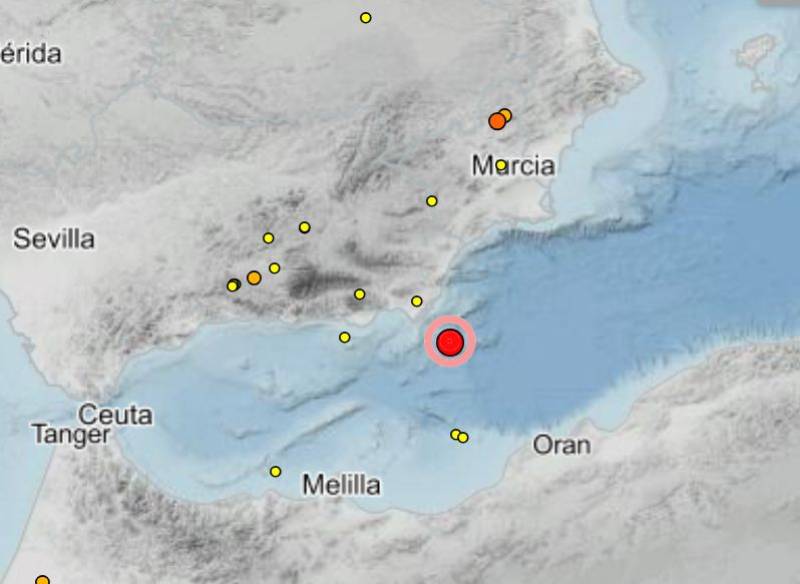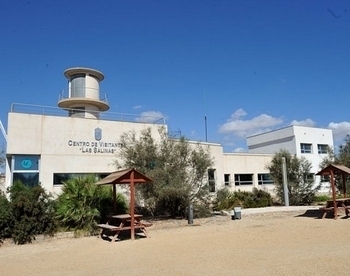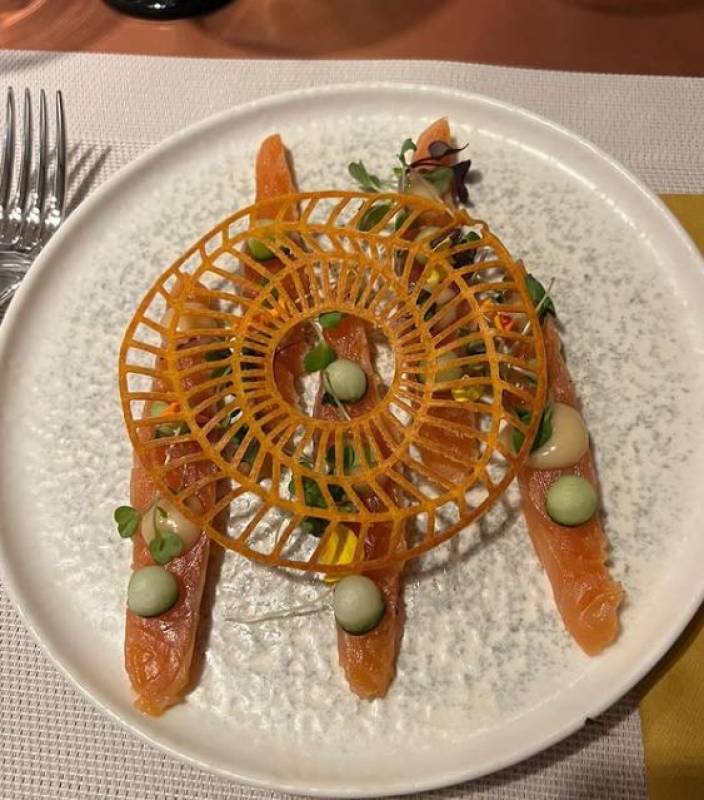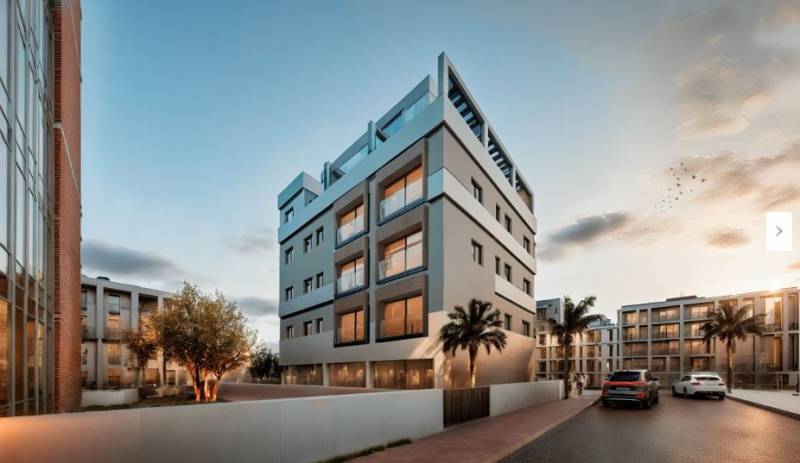- Region
- Águilas
- Alhama de Murcia
- Jumilla
- Lorca
- Los Alcázares
- Mazarrón
- San Javier
-
ALL AREAS & TOWNS
- AREAS
- SOUTH WEST
- MAR MENOR
- MURCIA CITY & CENTRAL
- NORTH & NORTH WEST
- TOWNS
- Abanilla
- Abarán
- Aguilas
- Alamillo
- Alcantarilla
- Aledo
- Alhama de Murcia
- Archena
- Balsicas
- Blanca
- Bolnuevo
- Bullas
- Cañadas del Romero
- Cabo de Palos
- Calasparra
- Camping Bolnuevo
- Campo De Ricote
- Camposol
- Canada De La Lena
- Caravaca de la Cruz
- Cartagena
- Cehegin
- Ceuti
- Cieza
- Condado de Alhama
- Corvera
- Costa Cálida
- Cuevas De Almanzora
- Cuevas de Reyllo
- El Carmoli
- El Mojon
- El Molino (Puerto Lumbreras)
- El Pareton / Cantareros
- El Raso
- El Valle Golf Resort
- Fortuna
- Fuente Alamo
- Hacienda del Alamo Golf Resort
- Hacienda Riquelme Golf Resort
- Isla Plana
- Islas Menores & Mar de Cristal
- Jumilla
- La Azohia
- La Charca
- La Manga Club
- La Manga del Mar Menor
- La Pinilla
- La Puebla
- La Torre
- La Torre Golf Resort
- La Unión
- Las Palas
- Las Ramblas
- Las Ramblas Golf
- Las Torres de Cotillas
- Leiva
- Librilla
- Lo Pagan
- Lo Santiago
- Lorca
- Lorquí
- Los Alcázares
- Los Balcones
- Los Belones
- Los Canovas
- Los Nietos
- Los Perez (Tallante)
- Los Urrutias
- Los Ventorrillos
- Mar De Cristal
- Mar Menor
- Mar Menor Golf Resort
- Mazarrón
- Mazarrón Country Club
- Molina de Segura
- Moratalla
- Mula
- Murcia City
- Murcia Property
- Pareton
- Peraleja Golf Resort
- Perin
- Pilar de la Horadada
- Pinar de Campoverde
- Pinoso
- Playa Honda
- Playa Honda / Playa Paraíso
- Pliego
- Portmán
- Pozo Estrecho
- Puerto de Mazarrón
- Puerto Lumbreras
- Puntas De Calnegre
- Region of Murcia
- Ricote
- Roda Golf Resort
- Roldan
- Roldan and Lo Ferro
- San Javier
- San Pedro del Pinatar
- Santiago de la Ribera
- Sierra Espuña
- Sucina
- Tallante
- Terrazas de la Torre Golf Resort
- Torre Pacheco
- Totana
- What's On Weekly Bulletin
- Yecla


- EDITIONS:
 Spanish News Today
Spanish News Today
 Alicante Today
Alicante Today
 Andalucia Today
Andalucia Today
Date Published: 21/04/2023
A return to traditional farming: How to save the Mar Menor
New report suggests major changes need to be made to Murcia’s agricultural industry to protect the environment
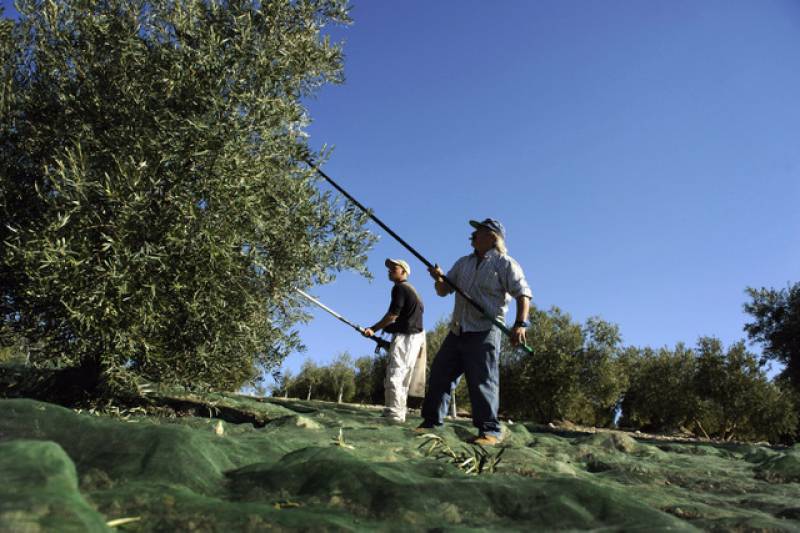
A new study commissioned by the public company Tragsa for Spain’s Ministry for Ecological Transition has proposed a radical reshaping of the food industry in Murcia’s Campo de Cartagena, around the Mar Menor where many of the Region’s fruit and vegetable farms are located, to create a system of sustainable production, in contrast to the current “unsustainable” model.
The new type of agricultural activity recommended by the report relies on organic and traditional farming in the Mar Menor.
In recent decades, the industrialisation of the agricultural sector in the area has meant the abandonment of traditional production based on rain-fed farming in favour of non-native crops that may fetch a higher price on the market but which require more intensive irrigation, as well as chemical pesticides and herbicides.
This has several ecological impacts, not least of which is the fact that more water is required from precious reserves, whose levels are decreasing earlier in the season with each passing year.
Also, the run-off wastewater from all this irrigation, contaminated as it is with chemical products, has been blamed as one of the causes for the degradation of the natural state of the protected Mar Menor saltwater lagoon.
Related stories:
“The basis of the economy of the Mar Menor basin has come to depend, to a large extent, on the tourism sector and on agriculture for export, controlled mainly by multinationals in the agri-food sector,” says the Professor of Botany at the University of Murcia, José María Egea, lead author of the report, which is included in the plan for the recovery of the Mar Menor carried out by the Ministry.
Throughout the report, which has been presented this Friday April 21 in Los Alcázares, the expert proposes to transform the current agricultural model of the region into one that is committed to agro-ecology and the recovery of traditional crops that dominated the landscape of the region in the last decades of the last century, such as olive trees, wheat and grapevines.
The food-growing sector has until now argued that precision agriculture is carried out in Campo de Cartagena, which avoids, for example, the infiltration of fertilisers into the Mar Menor aquifer and the excessive use of water for irrigation. Against this, the study points out that the way forward should not be to “optimise practices that are already unsustainable”, but to consider new crops and a change in the production system in order to save the salt lagoon.
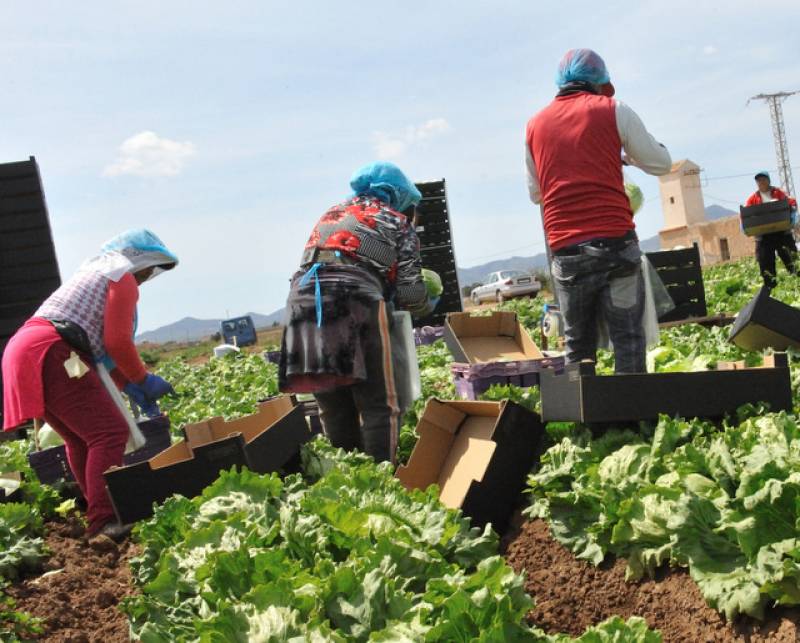
One of the “incipient” changes that has already taken place is the closure of illegal irrigation in the basin, but the author warns that this transformation “will not be a short process” and that “we are not even prepared from the scientific-technical point of view, nor from the socio-economic and cultural perspective, to make a large-scale leap” towards agro-ecology.
A roadmap for recovery of the Mar Menor
Egea has highlighted the role of both new and old crops in helping to save the Mar Menor, including “ancestral crops from different cultures and bio-geographical regions that have been maintained under extreme climatic conditions (drought, cold, salinity, etc.)”.
Traditional crops would include cereals, olives and grapevines, but he says there is also a need for “new crops” that use little water and emerging crops such as Andean or subtropical crops that are compatible with the model he defends, namely mango, avocado, guava and banana.
However, the first phase to achieve this objective is to apply the Mar Menor regional law in its entirety, and only in a second phase would be the replacement of current crops with agricultural practices in accordance with European regulations for this type of production: a ban on the use of agrochemicals and transgenics.
Later, claims Egea, work should be done on the agro-ecological restoration of farms to improve biodiversity, among other things, and “re-establish a direct connection between agricultural producers and consumers”, with a focus on local consumption of food grown in the Campo de Cartagena.
He adds that, so far, his proposed model is the least consolidated: “In fact, it is practically non-existent. Many of the initiatives that have been launched have failed or persist in a precarious state.”
Underutilised or obsolete species that can be planted to help the Mar Menor
- Carob
- Citrus
- Pomegranate
- Fig
- Quince
- Mulberry
- Date palm
Emerging crops
- Millet
- Legumes
- Chia
- Caigua
- Rose hibiscus
- Argan
- Avocado
- Quinoa
- Jojoba
- Moringa
- Okra
Organic crops planted in the area at present
- Avocado
- Alfalfa
- Apricot
- Almond trees
- Aloe
- Oats
- Barley
- Plum
- Peas
Contact Murcia Today: Editorial 000 000 000 /
Office 000 000 000











